Avocados are packed with essential nutrients which are beneficial for our health. People who follow a vegan and plant-based diet tend to eat this fruit a lot more. There are youtube videos of vegan recipes where you see this unique and versatile fruit used in sauces, salads, pasta, smoothies, and desserts.
Here we are going to discuss 6 powerful benefits of this fruit that have been supported by scientific research.
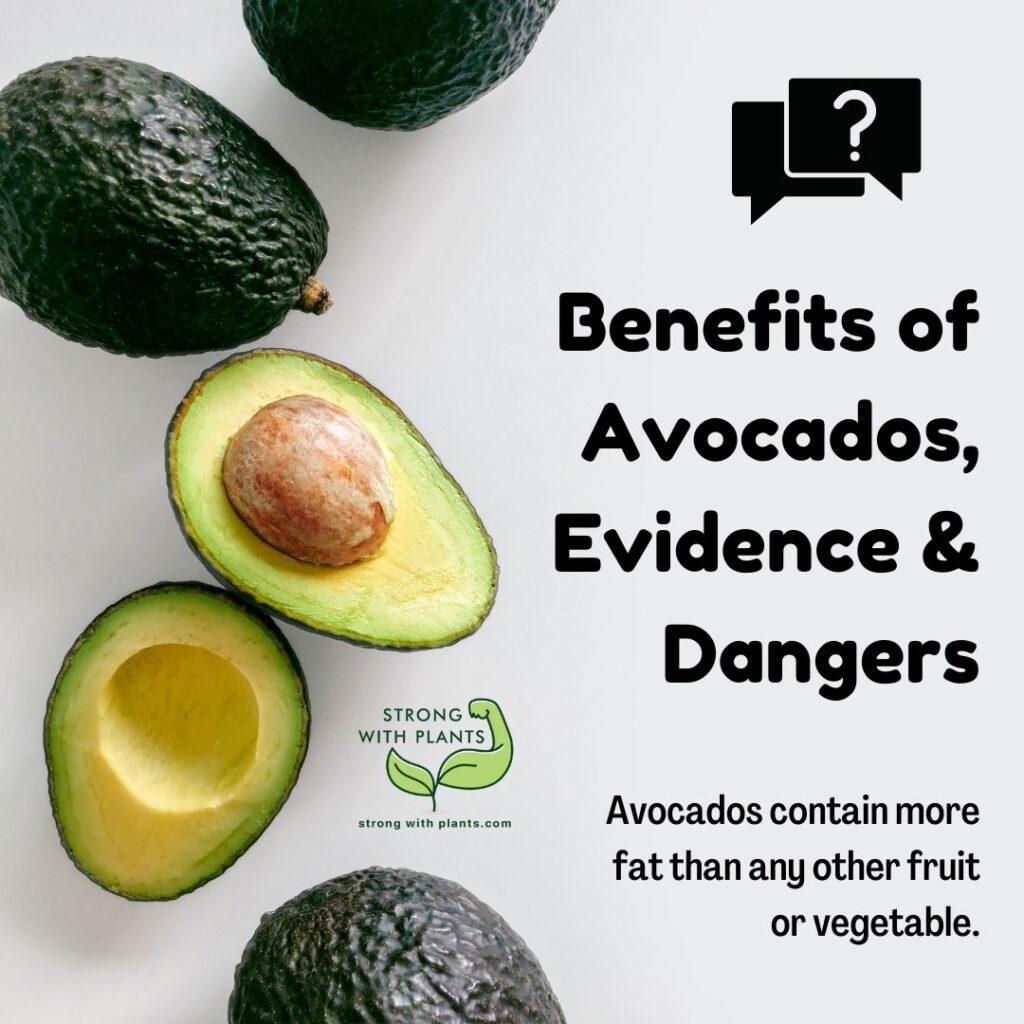
Table of Contents
The Avocado
Avocado is the fruit of the avocado tree and is scientifically known as Persea Americana. Botanically, it’s a large berry containing a single large seed.
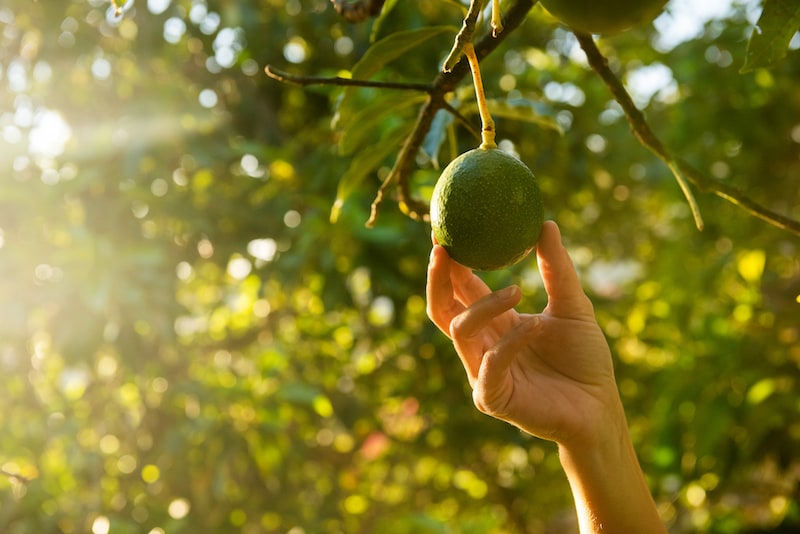
Its deliciously creamy, smooth texture is so versatile in making sauces, dips, smoothies, and desserts, you can also eat it raw as a fruit. It is one of the healthiest fruit that you can eat.
Avocado is an excellent source of healthy monounsaturated fat, vitamins and antioxidants.
6 Benefits of Avocado
Let’s look at all the amazing benefits of avocados.
1.) Contains more potassium than Bananas
Avocado is rich in potassium. This mineral helps our muscles to work properly it assists in muscle construction that controls our heartbeat. A potassium-rich diet may help reduce blood pressure and protect against stroke. Furthermore, eating avocadoes may prevent osteoporosis and help to regulate fluid balance.
Amounts per 1 cup, sliced (150g)
Bananas – Potassium 537mg – Or 15% of your RDA
Avocado – Potassium 727mg – Or 21% of your RDA
2.) Avocados Lower Small Dense LDL Cholesterol
This fruit is rich in monounsaturated fatty acids. Eating this fruit a day may boost “good” cholesterol HDL and lower “bad” cholesterol LDL. – according to research published in the Journal of the American Heart Association.
“If you put people on a plant-based diet with lots of fibre and nuts, you can get a massive 30% drop in LDL, comparable to a cholesterol-lowering statin drug.”
Dr. Greger.
3.) Avocados reduce the risk of cancer
Some research found that Avocatin B a lipid derived from this fruit induces selective leukaemia cell death. Studies have shown that phytochemicals extracted from avocado can selectively inhibit the growth of precancerous and cancerous cells, ultimately causing the death of cancer cells.
In addition, studies show that the phytochemicals from the avocado fruit can be used for making and extracting components of medicine. This medicine in using chemotherapy for cancer treatments could significantly reduce side effects.
4.) Avocado helps you absorb other nutrients
According to Dr. Greger, avocado due to its monounsaturated fat helps to absorb nutrients of other foods, if it’s consumed in conjunction with avocado. For example, eating avocado with sweet potatoes or carrots will boost the absorption of the carotenoid phytonutrients in carrots and sweetpotato. On the other hand, if eating carrots and sweet potatoes straight without any source of fat, we most likely will flush out a lot of nutrients from the vegetables out of our system instead of absorbing them.
5.) Avocados can help you to reduce your inflammation level
Research has been done and published In February 2013 in the journal Food & Function, where volunteers had been given a hamburger and an option to have it with 68g of avocado or without. The finding was clear that for those volunteers who opted to have the hamburger with the avocado, by checking their blood, the inflammatory response was reduced compared to those who had the burger alone.
These observations suggest that there are beneficial anti-inflammatory and vascular health effects by ingesting it in a hamburger patty.
Strong with Plants.com articles always include a full list of sources for the information and studies. Please see the list of sources at the bottom of this page.
6.) Can Help You Lose Weight
According to Dr Gregor, studies had been done where people eating avocado with their meal felt more satisfied and feel full over the next 5 hours. They did not feel hungry and didn’t have to snack during those hours compared to people who didn’t consume this fruit. This shows that consuming an avocado will keep you full for longer. Most of all will keep you away from snacking, saving you from consuming more calories and putting on weight.
Bonus.) What about all the oil?
The fat and sugar in whole plant foods come naturally prepackaged with phytonutrients. Therefore, the fat in this fruit is rich in phytochemicals and does not demonstrate the potential for oxidative damage.

Other related articles
Story – Top 10 Health Benefits of Mango, Dangers & When to Avoid
11 Best Herbal Teas For Your Health | Benefits & Dangers
7 Impressive Health Benefits of Pumpkin
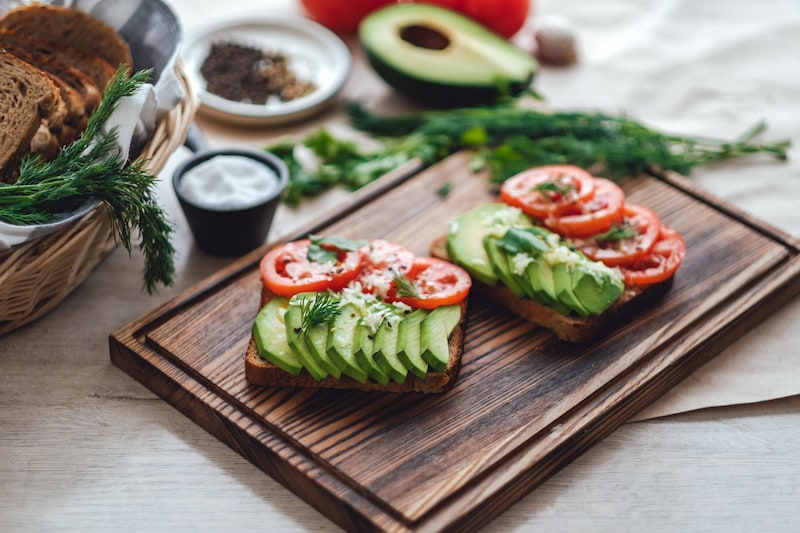
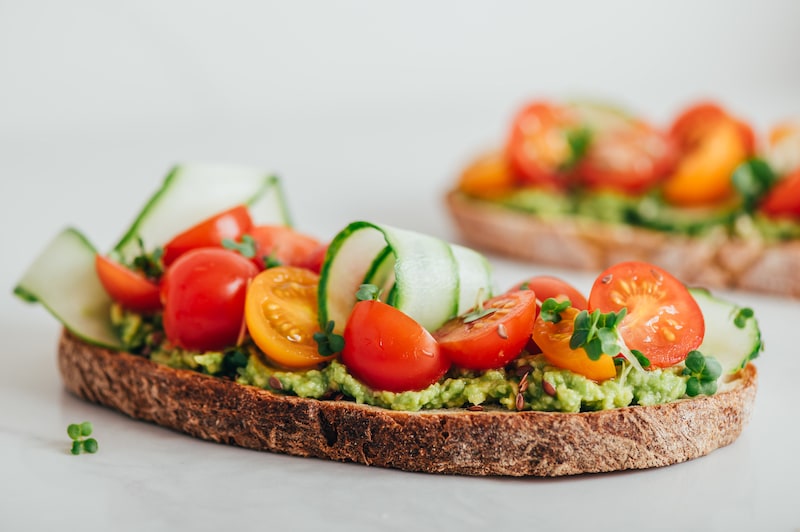


Sources and resources
Avocado fruit (Persea americana Mill) exhibits chemo-protective potentiality against cyclophosphamide induced genotoxicity in human lymphocyte culture
https://pubmed.ncbi.nlm.nih.gov/22070054/
Targeting Mitochondria with Avocatin B Induces Selective Leukemia Cell Death
https://pubmed.ncbi.nlm.nih.gov/26077472/
A randomized 3×3 crossover study to evaluate the effect of Hass avocado intake on post-ingestive satiety, glucose and insulin levels, and subsequent energy intake in overweight adults
https://pubmed.ncbi.nlm.nih.gov/24279738/
Are Avocados Healthy?
https://nutritionfacts.org/video/are-avocados-healthy/
Are Avocados Good for You?
https://nutritionfacts.org/video/are-avocados-good-for-you/
Effect of a Moderate Fat Diet With and Without Avocados on Lipoprotein Particle Number, Size and Subclasses in Overweight and Obese Adults: A Randomized, Controlled Trial – Journal of the American Heart Association
https://www.ahajournals.org/doi/full/10.1161/JAHA.114.001355
Effect of a Moderate Fat Diet With and Without Avocados on Lipoprotein Particle Number, Size and Subclasses in Overweight and Obese Adults: A Randomized, Controlled Trial – Journal of the American Heart Association
https://www.ahajournals.org/doi/full/10.1161/JAHA.114.001355
“Sugar is okay in fruit form, because it comes naturally prepackaged with phytonutrients. Similarly, the fat in whole plant foods, like nuts and avocados, comes prepackaged “with a rich matrix of phytochemicals [and] therefore does not demonstrate the same potential for oxidative damage.”
– Dr. Greger


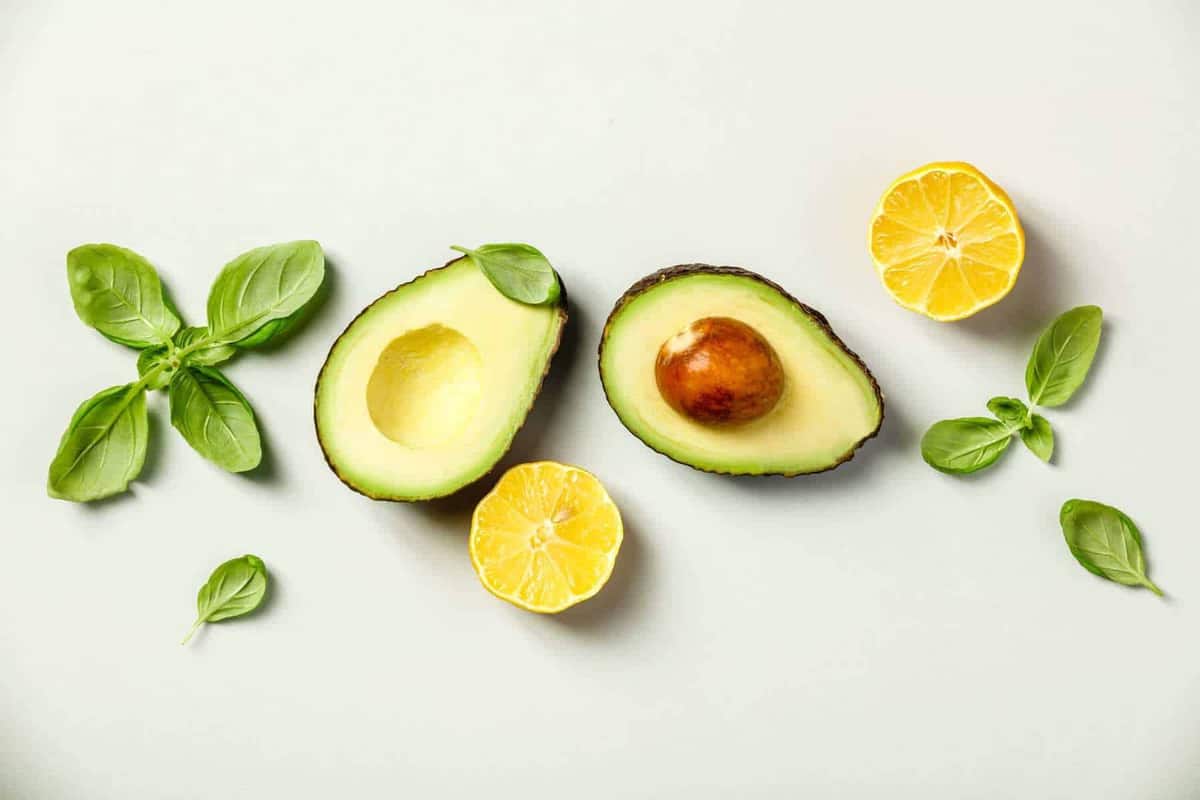
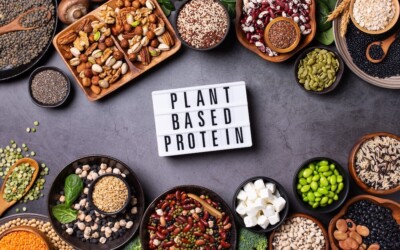








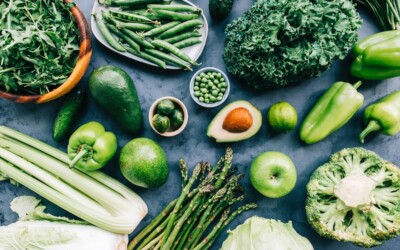


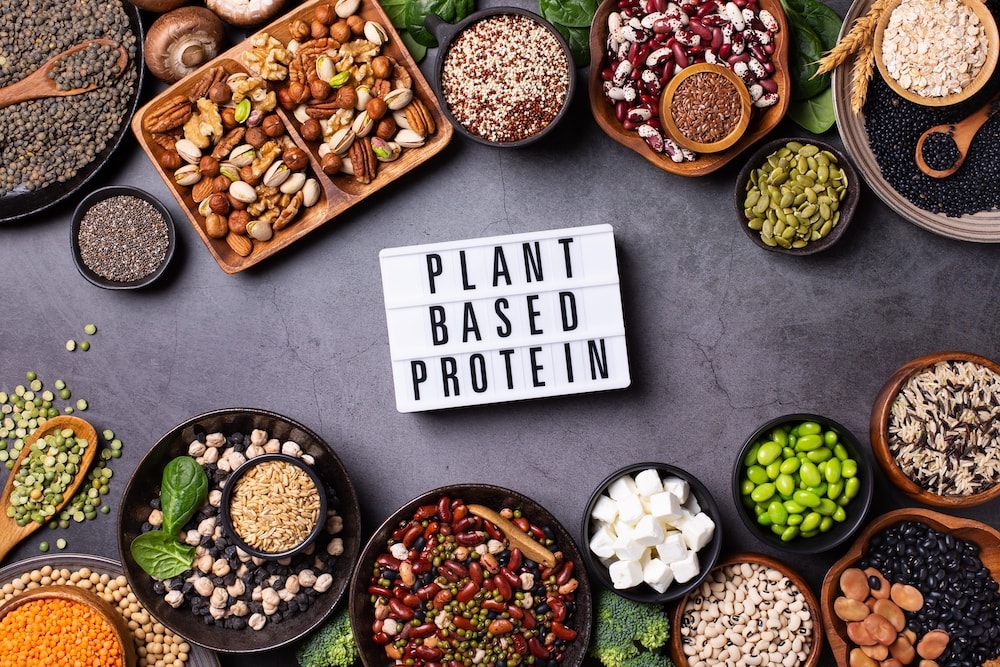

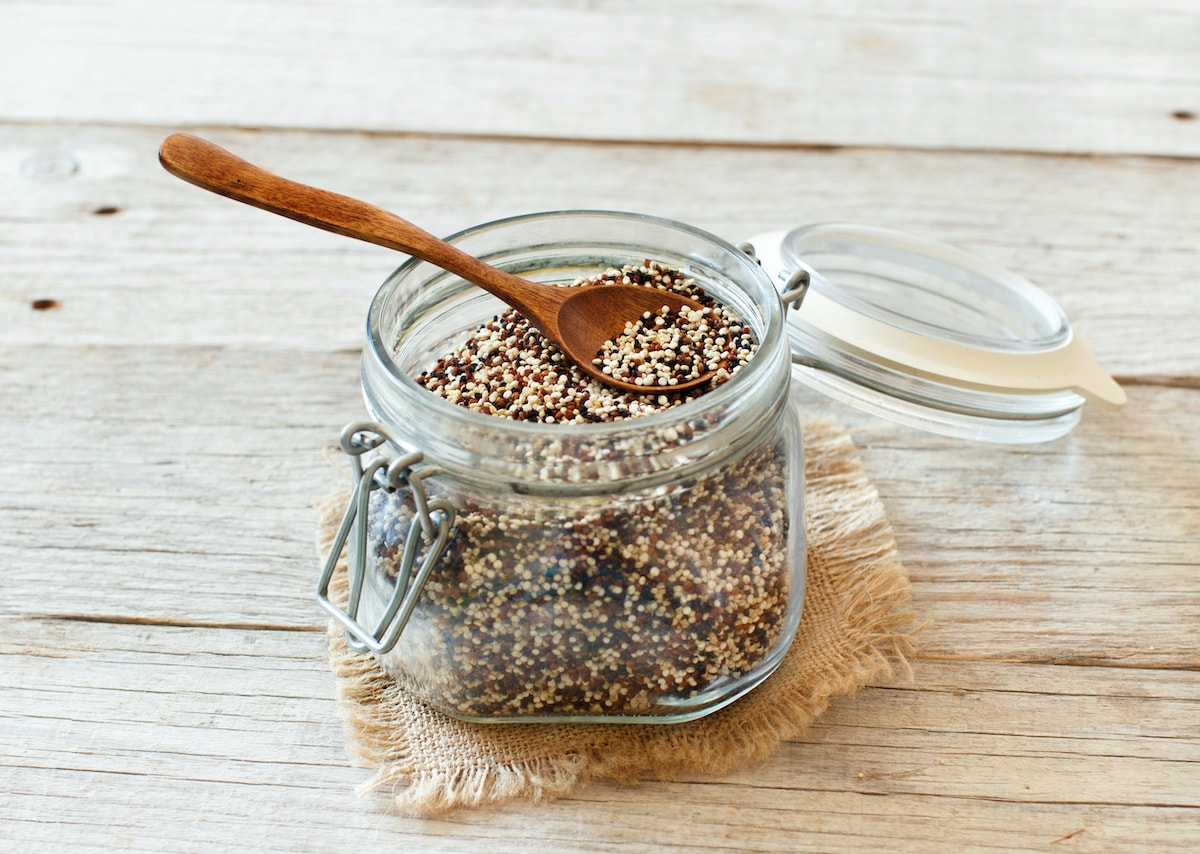
0 Comments